
Courtesy of Earl Evans
Tackle and Tactics for Schoolie Striped Bass
Truly tiny stripers arrive in Mid April some years, and most agree these schoolie striped bass have not traveled long distances but rather migrated from local hold over areas. As they start to fill in along the coast and the first migrating fish join them, fishermen will congregate near the traditional early spring striper landing spots at the “right” times and tides. These meetings, however, more closely resemble a reunion of old friends and acquaintances than the collection of determined and secretive bass seekers that these very same individuals will morph into as the bigger fish arrive in May.
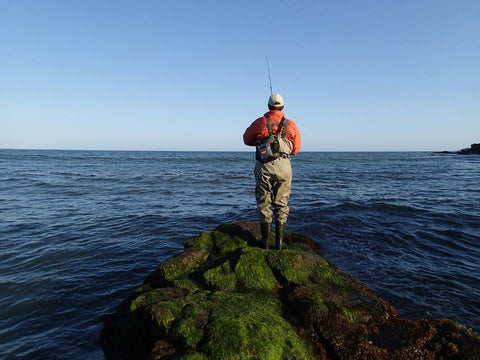
First casts of the new season for spring stripers
Schoolie striped bass provides us with the opportunity to once again stand on a rock and feel the movement of the ocean, the warmth of the sunshine, and the taste of the brisk, clean, salty air. Connecting with your first sea lice laden striper is a seasonal milestone for sure.
Schoolie Stripers Are Our Future
I would just remind the reader that these fish are our future large fish and that the spring is also a time to practice good stewardship of the resource. That starts with crushing your barbs to facilitate a quick release. You will have more opportunities to associate with other anglers, many new to the sport, during the early season than we will later in the season when we take to creeping about in the dark in secrecy. Developing good catch-and-release habits, and demonstrating those habits for the benefit of the resource and other anglers who may have less regard for the resource, is vital this time of year.
To that end, in addition to crushing the barbs, it is important to modify the lures that have multiple hooks. Springtime schoolies are aggressive and small and as a result, a lot of damage can be inflicted by treble hooks. Modify your lures to either a single belly treble with the barbs crushed and a VMC Siwashon the tail with the barb crushed or one of the inline hook options like the Owner Zo-Wire (try to have the weight of the inline hook match the weight and the gap and not necessarily the size of the hook you are replacing). This will help minimize the damage inflicted on the eyes and gills of the small aggressive bass.

Lastly, "keep 'em wet". Following a few principles will greatly reduce the stress on the fish.
Please keep the following in mind when handling schoolies:
1. Land the fish in the water
2. Wet your hands prior to handling the fish
3. Hold the fish in or slightly above the water, away from dry or hard surfaces
4. A good rule of thumb is the fish should be in the water of "dripping" if you choose to take a photo
You can learn more about this research here.
Schoolie Striped Bass Tackle:
Anglers gearing up for schoolies are often looking for a set up that will cover the back bay/ schoolie season and also do the job for albies from shore. In this scenario recognizing that length gets you distance, we gravitate towards a 7'6" or 8' rod surf rod. Lamiglas GSB and ODM DNA Surfwill fill that bill. Plenty of folks use their trout set up but be sure to rinse after use and these outfits are typically not designed for saltwater. Also, you are not out of the game using a 7-foot inshore rod but you will likely become aware of its limitations around docks, rock and your ability to cover more water.
For a reel look at 3000 and 4000 sized models. The new Shimano Stradic is feature-packed and can handle the albie portion of the equation. Another great choice is the Van Staal VR50 is an excellent choice. It's overbuilt and can handle banging around on the rocks and is albie ready with a 27 inches per turn retrieve speed. Most anglers got with 20 lb PowerPro Super Slick for schoolies. Grab some Tactical Angler 25 or 50 lb clips and you are good to go!
For more on lures please refer to our blog post "Top Five Lures for Schoolie Bass"
Here's the short version:
2. Jig Headwith a Cocahoe Minnow , Zoom Fluke or Bass Assassin Sea Shad
The Casting Egg - A Secret Weapon
Casting eggs and floats will allow you to deliver small jigs, soft plastics, and even flies to these early season visitors, as well as work them in shallow water and slowly over structure. We asked plug builder extraordinaire Larry Thomas to turn a casting egg exclusively for SWE--check out Larry’s Lures’ Casting Egg.
Schoolie Striped Bass Tactics:
Some folks use the calendar and others look out the window to find the first schoolies of the season.
I distinctly remember a customer saying "this is the third day of a southwest breeze and schoolies will be in the corners (of southwest-facing beaches) " according to his fishing logs. Thirty minutes after he left the shop I got a crappy photo on a flip phone but I was convinced! Using the calendar most folks would say Tax Day here in Newport with more constant action filling in the last two weeks on the month.
Last spring I rolled up on Satchuest after the shop closed and saw a familiar face on the rocks in the corner at the east end. In was rigging up and he was returning to his car and let me know "hour and a half and not a tap". Hmmm. I said I was "rigged and ready to start the season so I'll give it a shot ". I caught two schoolies on a Cocahoe on a jig head in short order. The jig was too heavy for that spot at that time of tide. Since I packed lite I was forced to kind of burn the retrieve and they liked it! That was a combination of timing and mixing it up.
In addition to southwest facing beaches focus on river mouths and mudflats at the top of estuaries or in salt ponds. River mouths are where the life is in the early spring especially those with herring runs. Herring runs with deep water nearby are prime locations to find holdover stripers as well. Swim shade and bucktails are excellent choices around river mouths. Mudflats way up in estuaries warm up faster (often 5-10 degrees warmer than the ocean front) and hold lots of bait including shrimp, clam worms and mummichogs.
As. rule look for sunny days with southwest winds and a high tide between noon and 5 pm. The breeze will only help push the bait in tight. The steadier the breeze the better. The afternoon tides give the dark bottom a chance to absorb some of the sun's warmth and can bump the water temps on the incoming tide into the 50's.

Great Time To Learn Something New
Spring schoolies provide a lot of positive reinforcement and offer a great opportunity to learn and refine techniques. It is the ideal time to develop your skills as a bucktailer. Bucktailing is a discipline, and one that is easy to move away from as the season progresses, so getting in the habit and sticking with it is a good way to guarantee success later. There is a rhythm and feel to delivering this deadly lead, hair, and rind combination and it's no coincidence almost every accomplished bass angler is a very proficient bucktailer. Small ones (an ounce or less) made by Jeck'sor Magictailpaired with a jig strip from Fat Cow Fishing create an enticing meal. This method is as simple as it gets and is often overlooked, but I can promise you that if you invest the time into bucktailing, you will locate more and larger bass than you would have believed were there in the first place. Anyone who has dedicated himself to the lure will tell you that it is an eye-opening experience. And spring is a great time to get familiar with the technique.




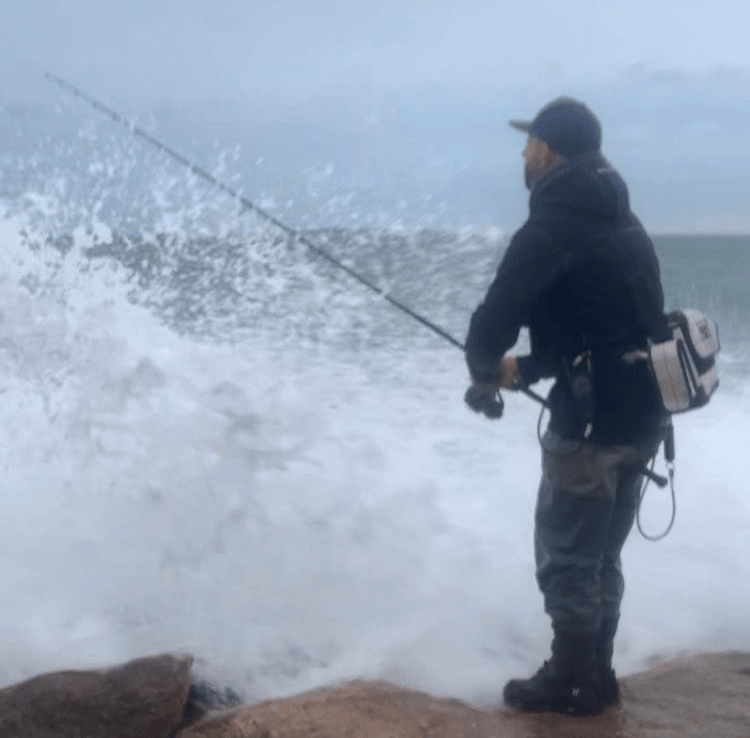

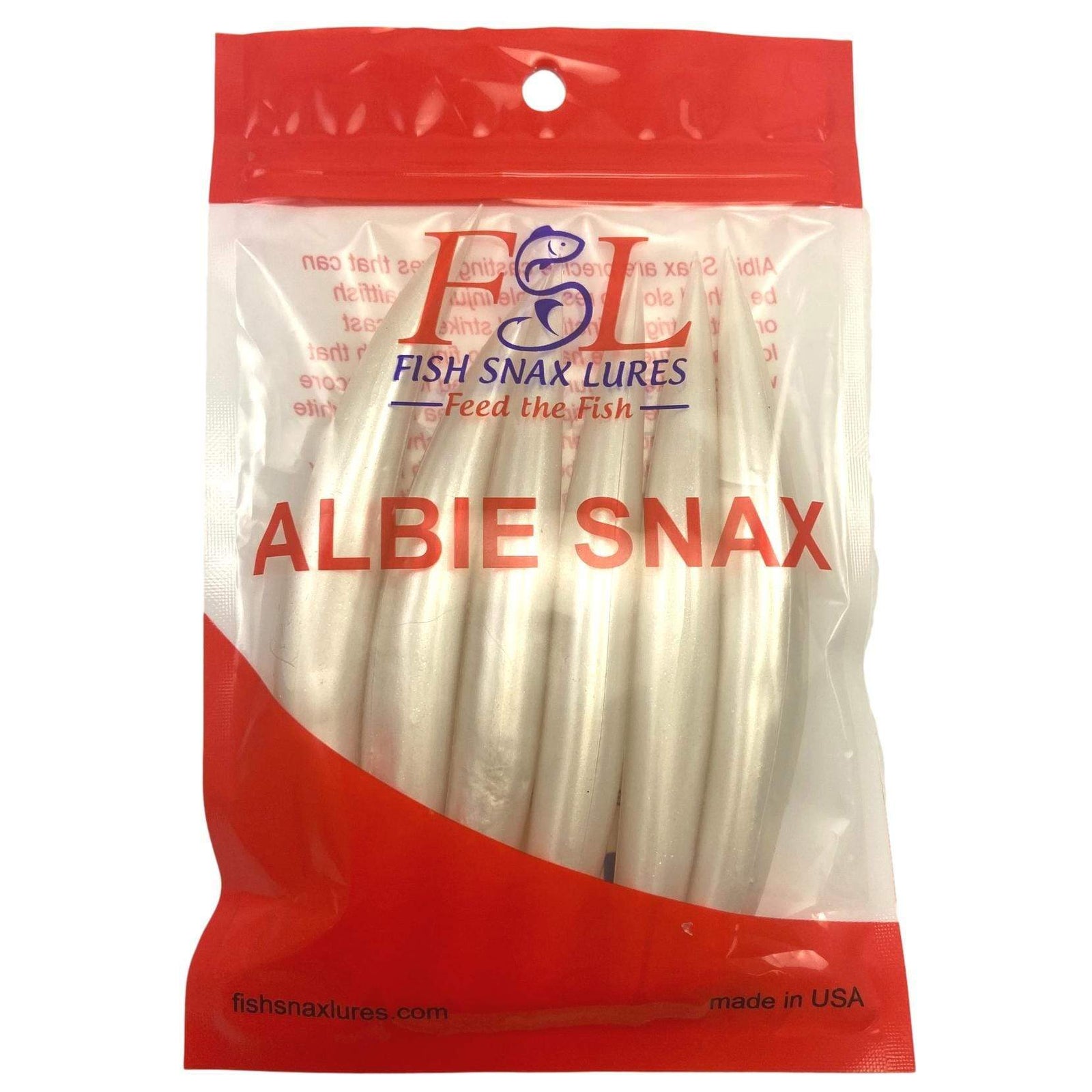

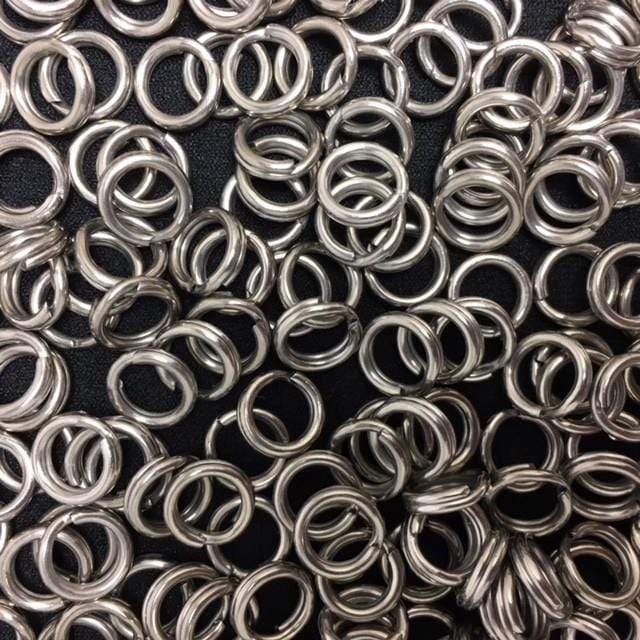
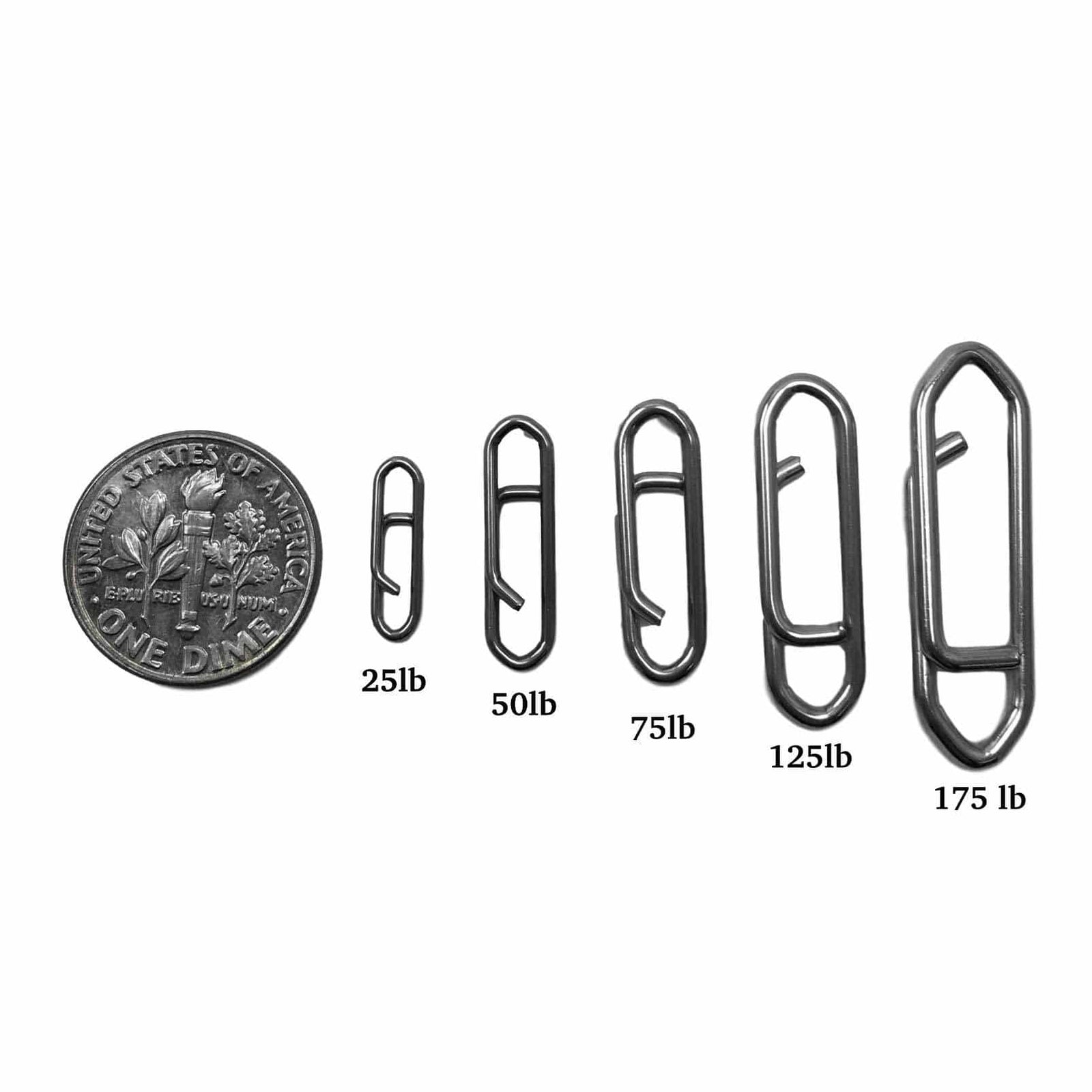


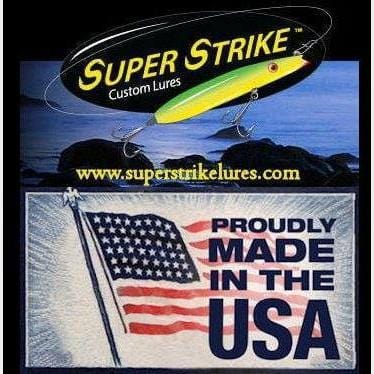

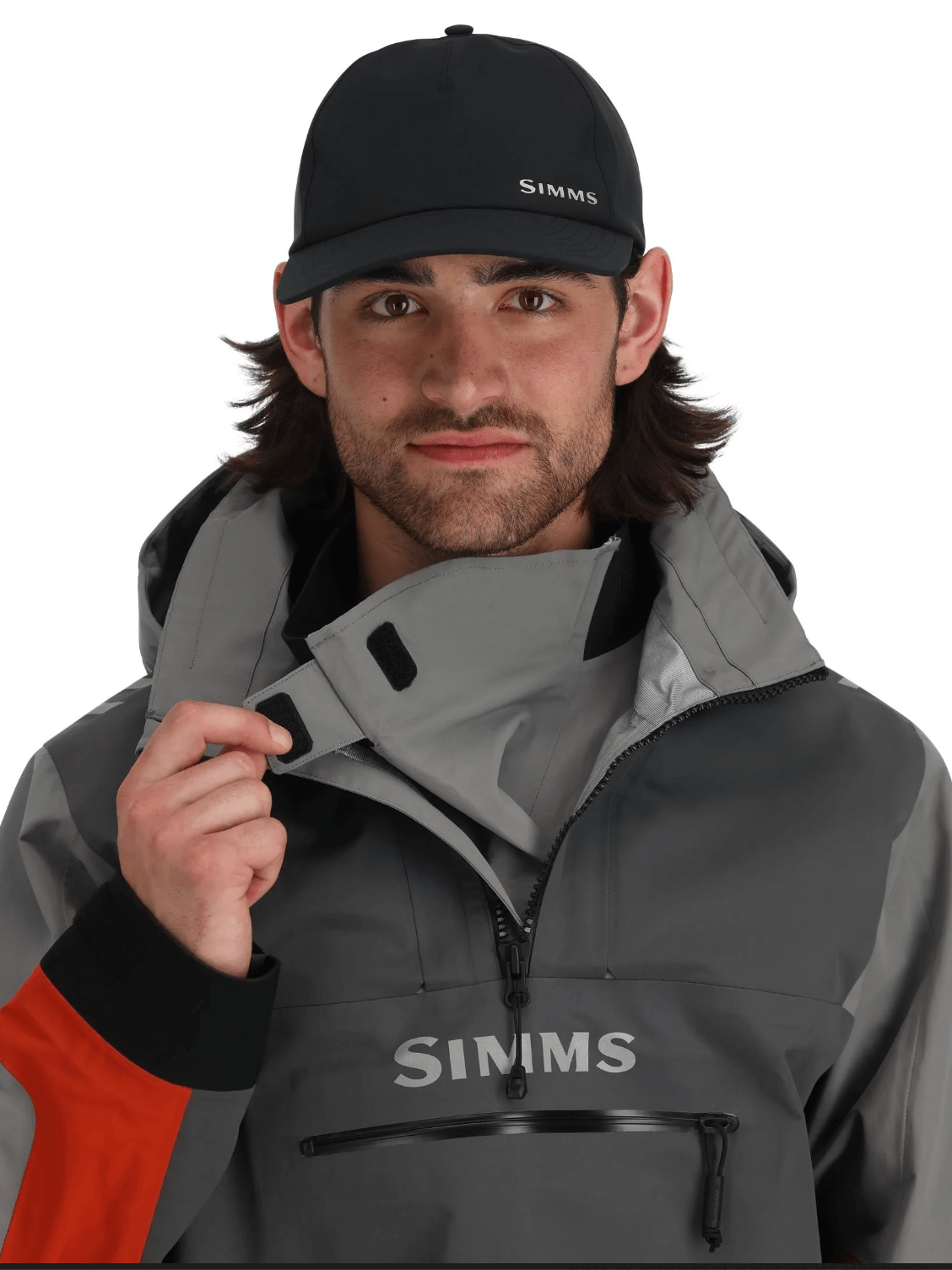

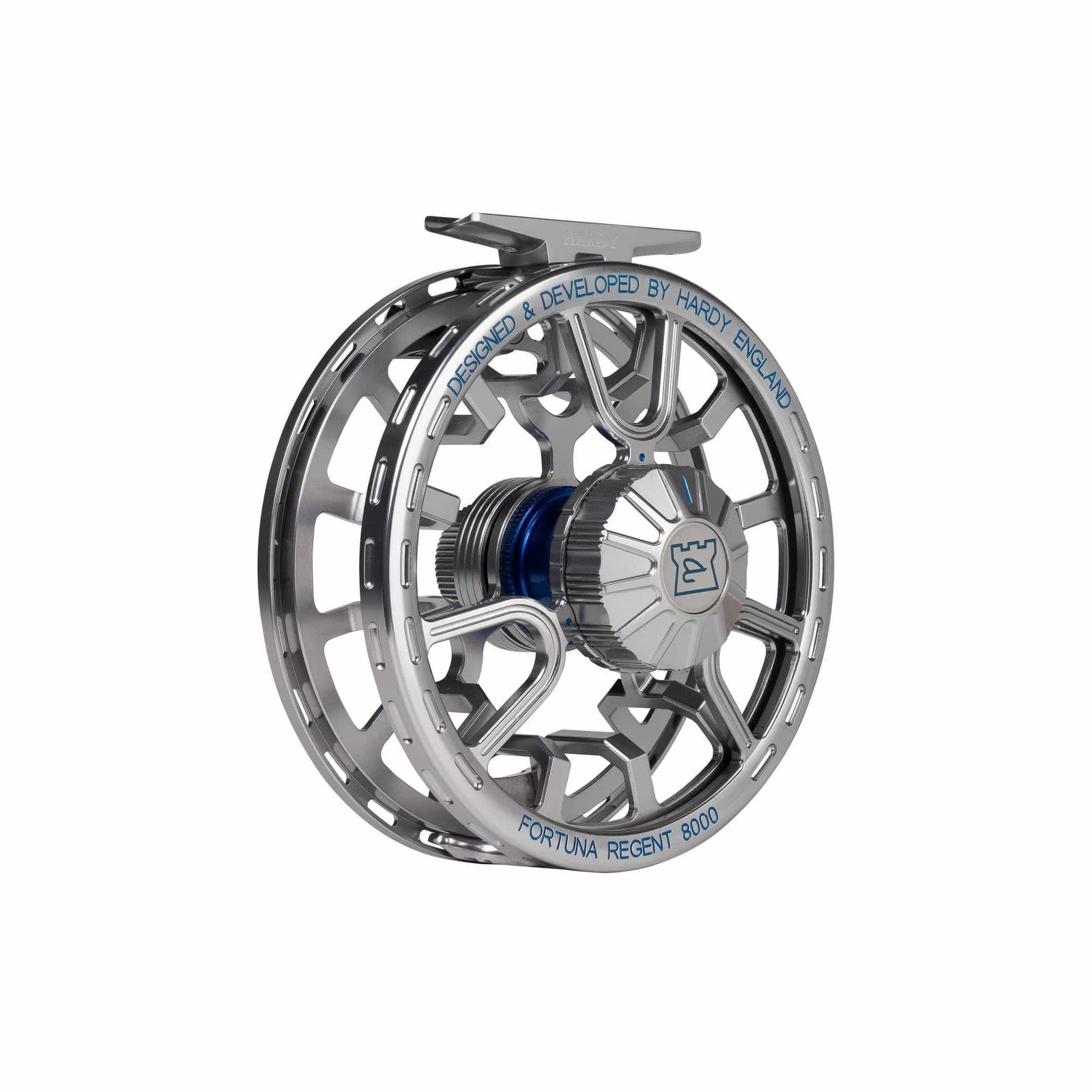
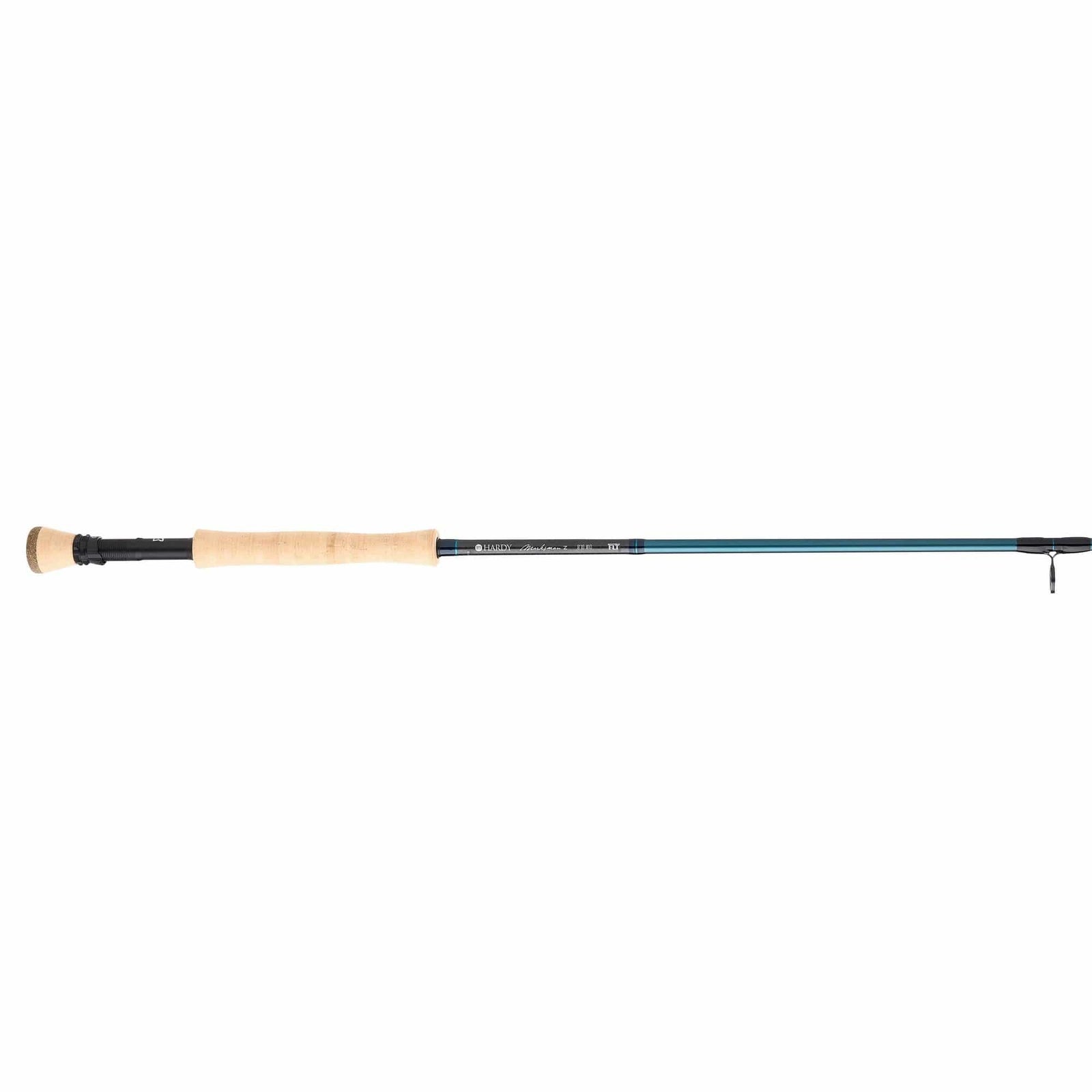
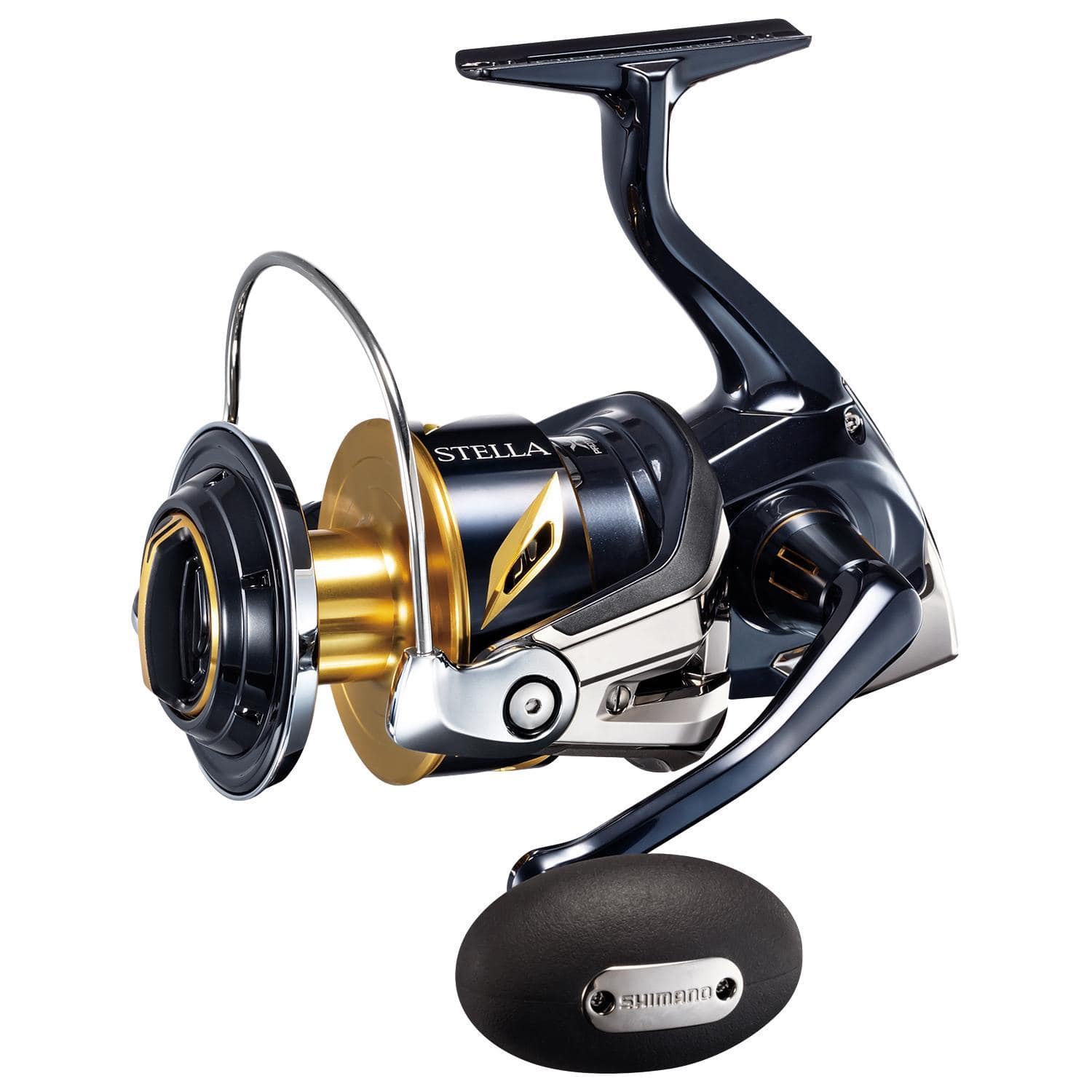
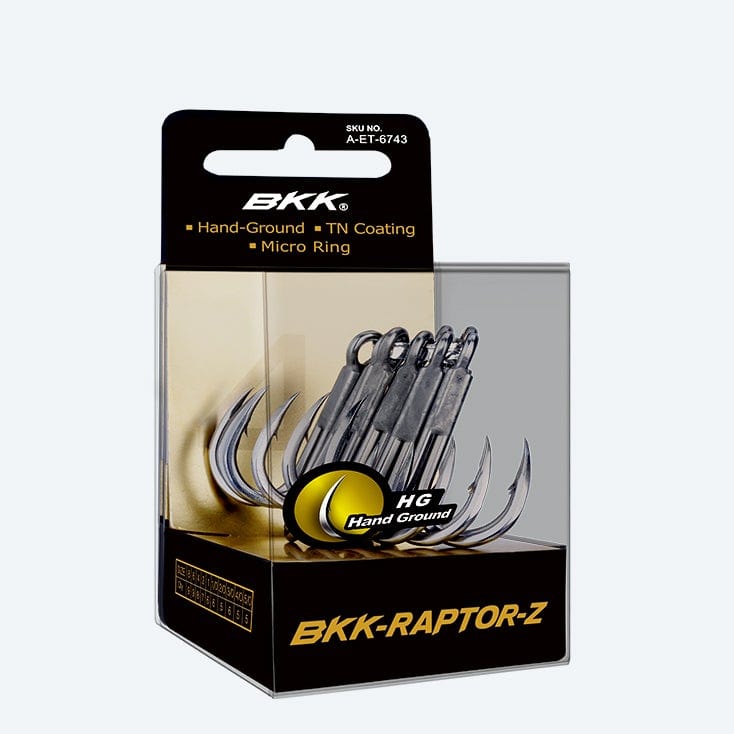
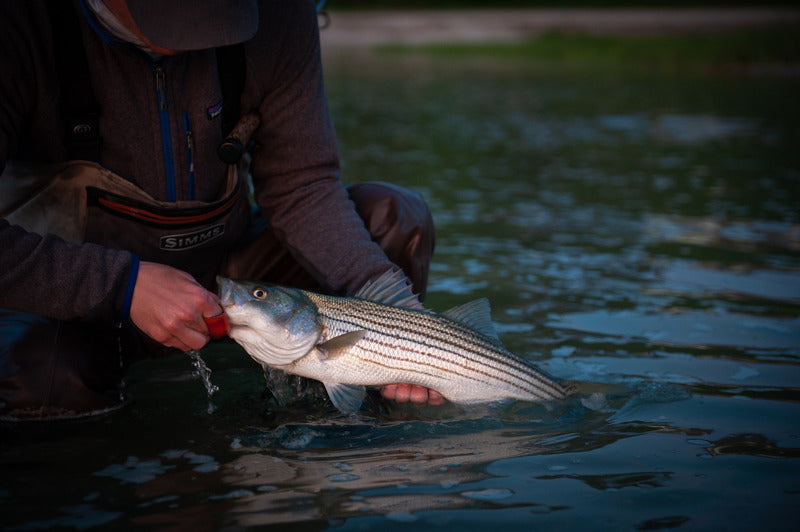
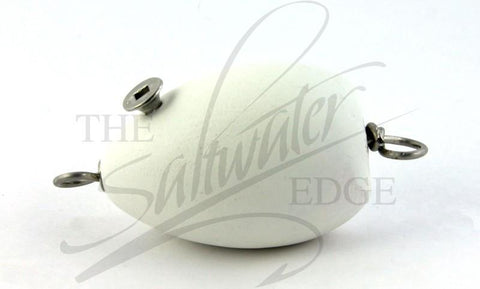


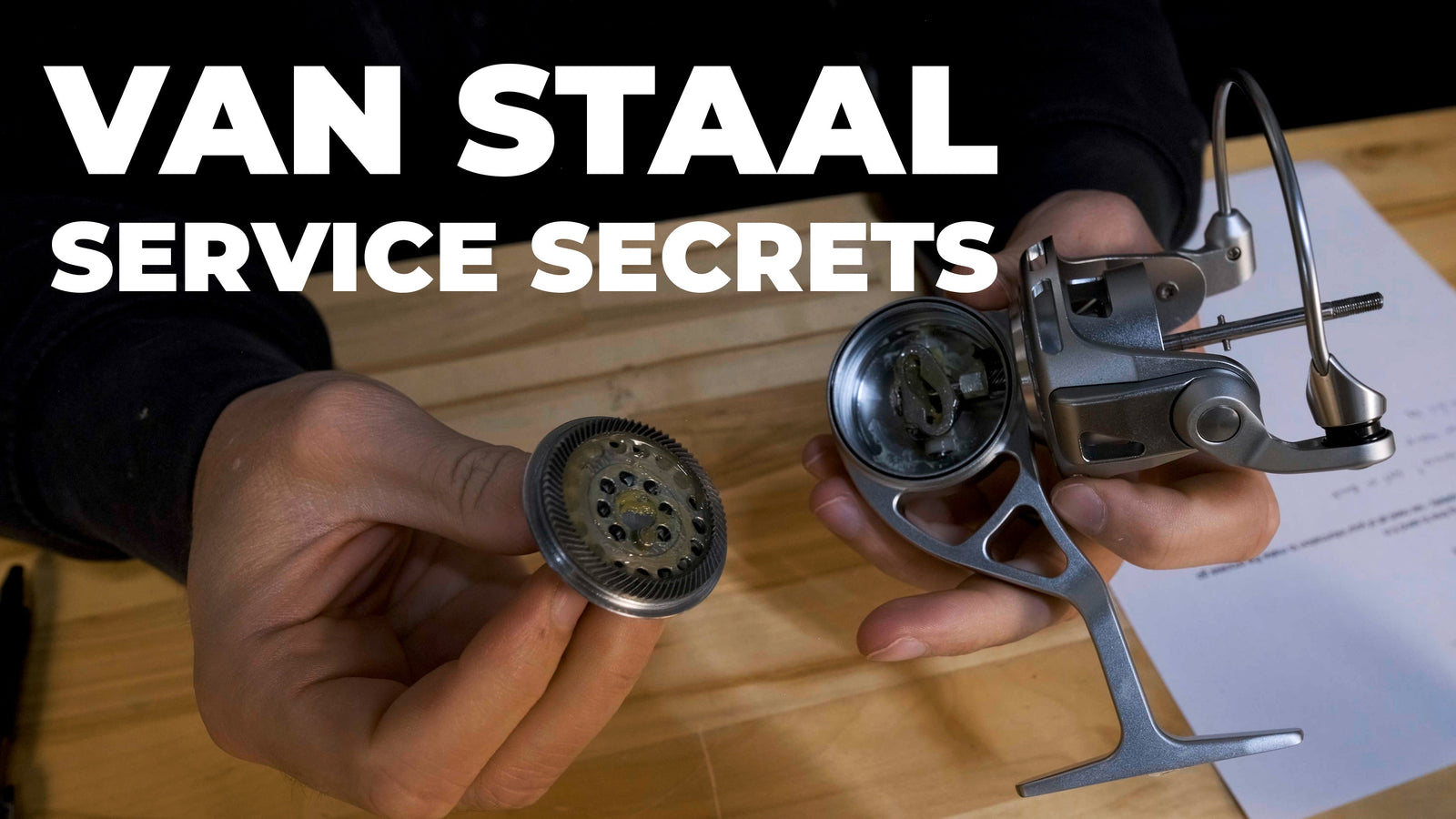
John Oliver
April 26, 2021
Hi Peter. What’s a good setup for fly fishing for schoolies in CT either from the beach or estuaries? I have an #8 fiberglass and a #9 graphite. I also have saltwater and sink tip lines. Thanks!